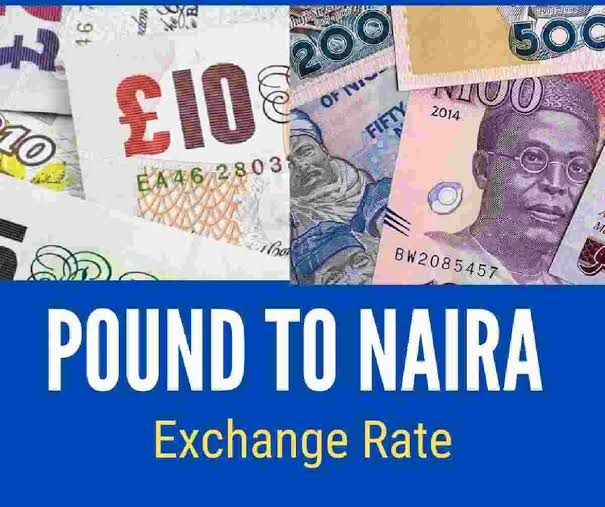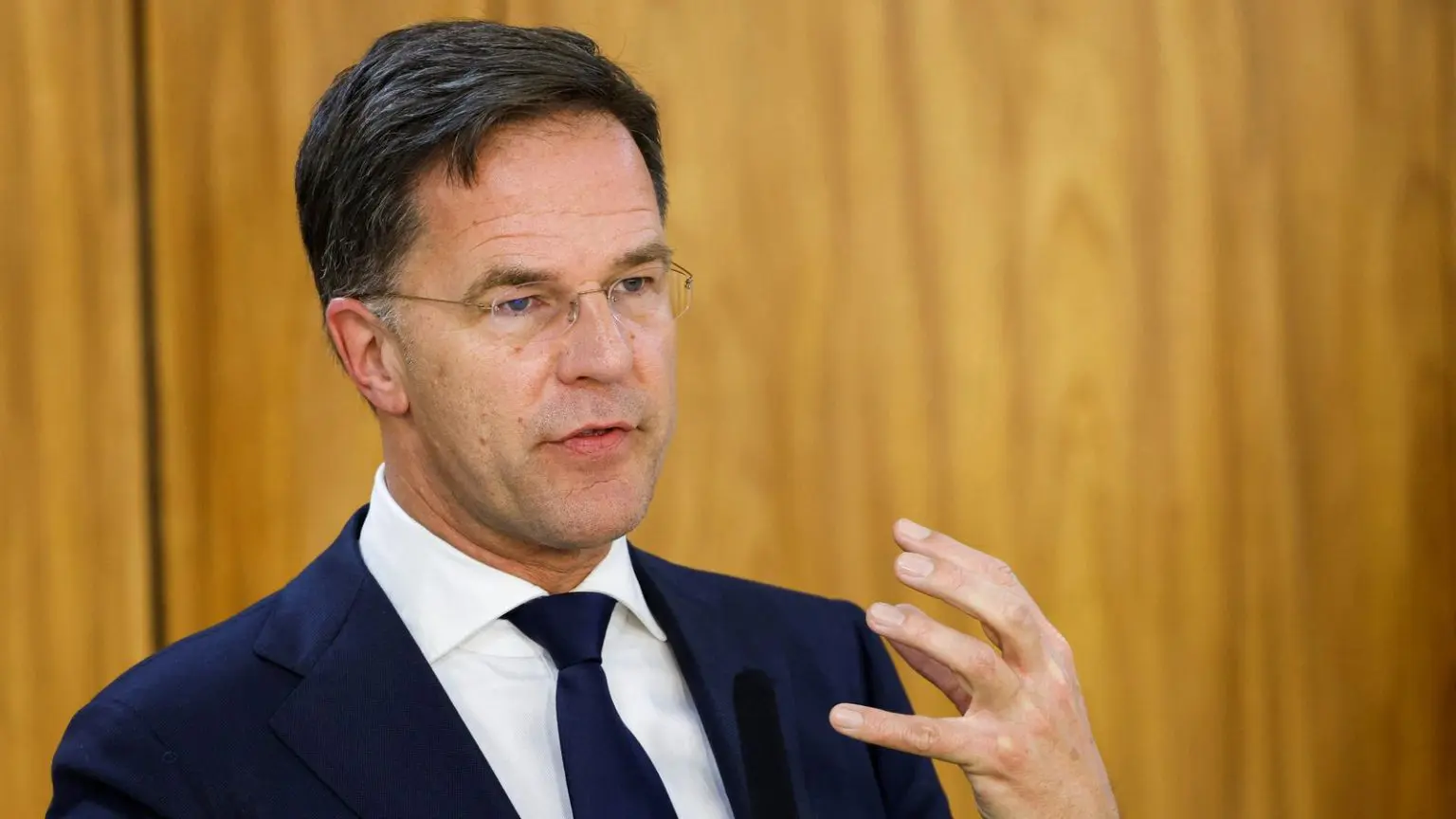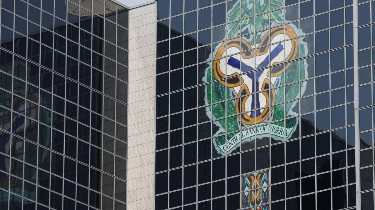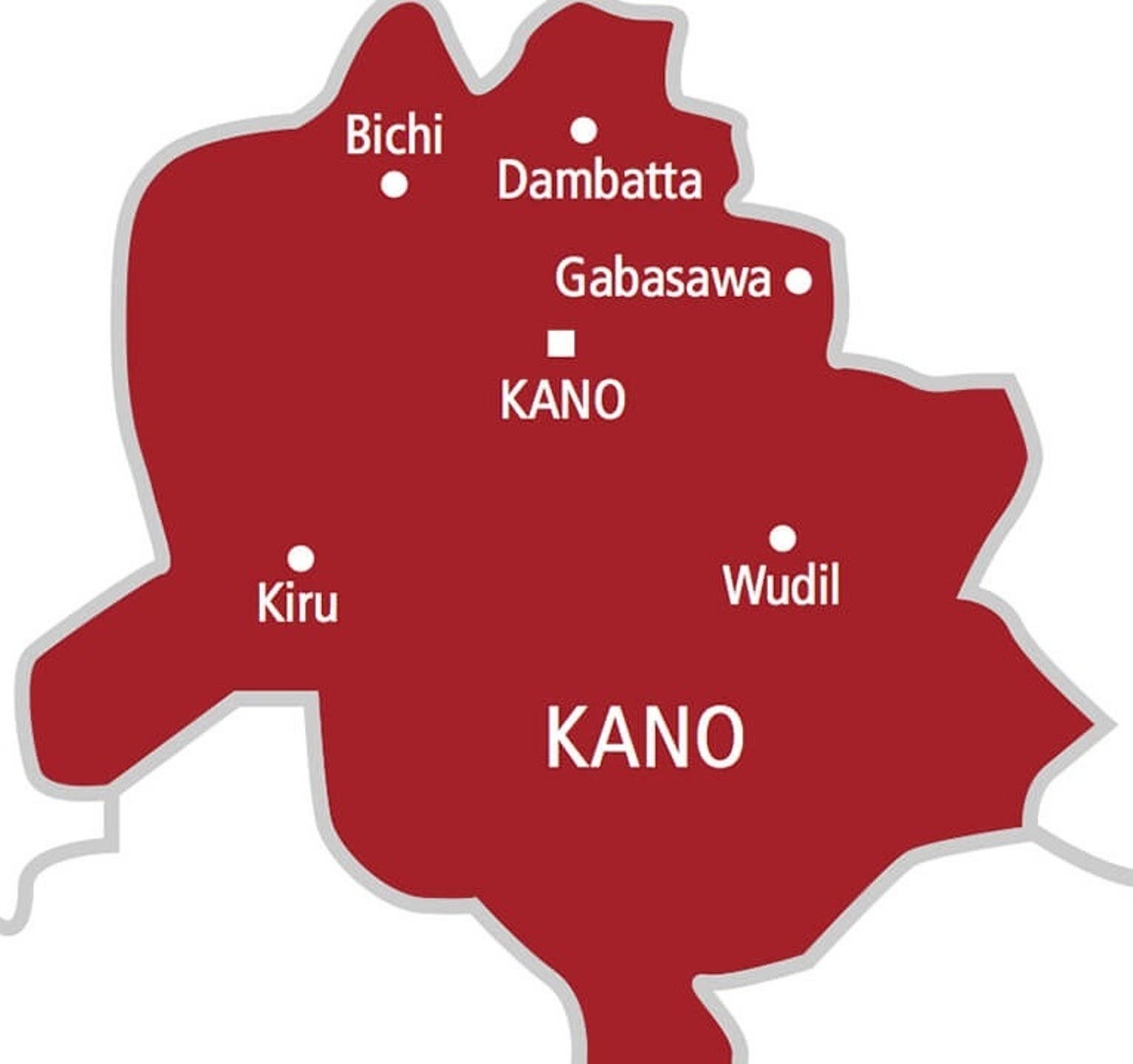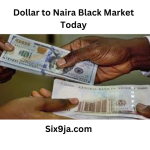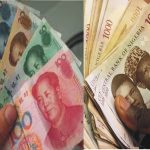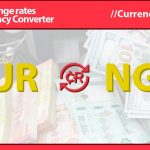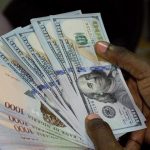Pounds to Naira black market Today & Pound to Naira Black Market Rate Today 2023 Aboki.
Six9ja News Nigeria has access to the black market naira exchange rate for today, July 5th, 2023.
This online news source has collected the current black market, Bureau de Change (BDC), and Central Bank of Nigeria (CBN) values for the naira in Nigeria.
Are you looking for the current exchange rate between pounds and naira?
Please read through the most recent changes we have provided for you.
Based on the Lagos exchange rate, or more specifically the Abokifx exchange rate, the exchange rate between pounds and naira has been changed.
Also Read: Dollar (USD) To Naira Black Market Rate Today 2023
You can purchase a pound at the current black market rate of 960 naira.
You will swap A Pound right now for 985 if you like.
Naira/Pound (NGN/GBP)
- Buy rate – N960/£1
- Sell rate – N985/£1
The Pounds To Naira Exchange Rate is 952, which means you can buy Pounds at 960 and sell at 980. To offer you an exact rate, we have to look at what rates dealers are selling here in Lagos and Abuja, respectively.
Note, Disclaimer: Six9ja platform Nigeria neither determines nor sets exchange rates. The FMDQOTC website is where you can find the official NAFEX rates.
Also read: Dollar To Naira Black Market Rate Today June 2023 (USD to NGN)
GBP to Naira Black Market Rate Today
| Dollar to Naira (GBP to NGN) | Black Market Exchange Rate Today |
| Selling Rate | 785 |
| Buying Rate | 760 |
| Pounds to Naira (GBP to NGN) | CBN Official Exchange Rate Today |
| Selling Rate | 985 |
| Buying Rate | 960 |
The third-most traded currency on the FX market after the US dollar and the euro is the British pound to Nigerian naira exchange rate.
The British Pound and Nigerian Naira Black Market (Pounds To Naira) Exchange Rate Today is the main topic of this page.
| Date | Currency | Selling(NGN) | Buying(NGN) |
June 20, 2023 |
US DOLLAR | 757 | 753 |
June 20, 2023 |
POUNDS STERLING | 980 | 952 |
June 20, 2023 |
EURO | 815 | 800 |
Black Market Exchange Rate for Most Used Currency in Nigeria
| Currency Type | Buying Rate | Selling Rate |
|---|---|---|
| USD to NGN | ₦765 | ₦770 |
| GBP to NGN | ₦920 | ₦930 |
| EUR to NGN | ₦790 | ₦815 |
| CAD to NGN | ₦580 | ₦610 |
| ZAR to NGN | ₦31 | ₦38 |
| AED to NGN | ₦180 | ₦200 |
| CNY to NGN | ₦80 | ₦90 |
| GHS to NGN | ₦40 | ₦55 |
| XOF to NGN | ₦1050 | ₦1100 |
| XAF to NGN | ₦920 | ₦950 |
Factors Influencing Foreign Exchange Rates
Introduction
Understanding the factors that influence foreign exchange rates.
1. Supply and Demand
The role of supply and demand in determining exchange rates.
2. Economic Factors
Exploring the economic factors that impact exchange rates.
2.1. GDP Growth
The relationship between GDP growth and currency value.
2.2. Employment Rates
How employment rates affect exchange rates.
2.3. Inflation
The impact of inflation on currency value.
2.4. Trade Balance
How trade imbalances influence exchange rates.
3. Interest Rates
The connection between interest rates and exchange rates.
4. Political Factors
Examining the political factors that affect foreign exchange rates.
4.1. Political Stability
The influence of political stability on currency value.
4.2. Government Policies
How government policies impact exchange rates.
5. Market Sentiment
The role of market sentiment in shaping exchange rates.
6. Speculation and Investor Behavior
Exploring the impact of speculation and investor behavior on exchange rates.
7. Capital Flows
How capital flows influence foreign exchange rates.
8. Global Economic Factors
Considering global economic factors that affect exchange rates.
Conclusion
A summary of the key factors influencing foreign exchange rates.
FAQs
- Can I predict future exchange rate movements accurately?
- How does government intervention impact exchange rates?
- What role does market sentiment play in currency valuation?
- How do economic indicators affect exchange rates?
- What can individuals and businesses do to mitigate exchange rate risks?
Introduction
Foreign exchange rates play a crucial role in international trade and finance, influencing the value of currencies and impacting various economic activities. Understanding the factors that influence foreign exchange rates is essential for businesses, investors, and individuals who engage in global transactions. In this article, we will explore the key factors that affect foreign exchange rates and how they shape the currency market.
1. Supply and Demand
The exchange rate between two currencies is primarily determined by the interaction of their supply and demand in the foreign exchange market. When the demand for a particular currency is higher than its supply, its value tends to increase relative to other currencies. Conversely, when the supply exceeds the demand, the currency’s value may decrease. Supply and demand dynamics are influenced by various factors, such as economic conditions, investor sentiment, and market speculation.
2. Economic Factors
Economic indicators and conditions significantly impact foreign exchange rates. Here are some key economic factors that influence exchange rates:
2.1. GDP Growth
Gross Domestic Product (GDP) growth is a crucial determinant of a currency’s value. Countries with higher GDP growth rates often experience increased demand for their currency as investors are attracted to economies with strong growth prospects. As a result, the currency appreciates.
2.2. Employment Rates
Employment rates also play a role in determining exchange rates. Low unemployment rates indicate a strong and stable economy, attracting foreign investments and strengthening the currency. Conversely, high unemployment rates can lead to currency depreciation.
2.3. Inflation
Inflation, or the rate at which prices for goods and services increase, affects currency values. Currencies in countries with low inflation rates are generally more attractive to investors as they retain their purchasing power. In contrast, currencies in countries with high inflation rates tend to depreciate.
2.4. Trade Balance
The trade balance, which represents the difference between a country’s exports and imports, influences exchange rates. A country with a trade surplus (exports exceed imports) usually experiences an increase in demand for its currency, leading to appreciation. Conversely, a trade deficit (imports exceed exports) can put downward pressure on a currency’s value.
3. Interest Rates
Interest rates set by central banks have a significant impact on foreign exchange rates. Higher interest rates attract foreign investors seeking higher returns on their investments. This increased demand for the currency can cause its value to rise. Conversely, lower interest rates can lead to a decrease in currency value.
4. Political Factors
Political stability and government policies play a crucial role in determining exchange rates. Here are two key political factors that influence foreign exchange rates:
4.1. Political Stability
Currencies of politically stable countries are generally more attractive to investors. Political instability can create uncertainties and negatively impact the value of a currency. Investors prefer countries with stable governments that provide a favorable environment for economic growth and investments.
4.2. Government Policies
Government policies, particularly those related to fiscal and monetary measures, can influence exchange rates. For example, if a government implements expansionary fiscal policies, such as increasing government spending, it can lead to inflationary pressures and potentially weaken the currency. Similarly, changes in monetary policies, such as interest rate adjustments, can impact exchange rates.
5. Market Sentiment
Market sentiment, driven by investor confidence and risk appetite, significantly influences exchange rates. Positive market sentiment attracts investments and strengthens the demand for a currency, leading to appreciation. Negative sentiment, fueled by economic uncertainties or geopolitical risks, can cause a currency to depreciate.
6. Speculation and Investor Behavior
Speculation and investor behavior can introduce volatility to exchange rates. Currency traders and investors closely monitor economic data, news events, and technical indicators to make trading decisions. Their collective actions and expectations shape market sentiment, leading to short-term fluctuations in exchange rates.
7. Capital Flows
Capital flows, including foreign direct investment (FDI) and portfolio investment, impact exchange rates. Countries that attract substantial FDI and investment inflows generally experience currency appreciation. Conversely, capital outflows can put downward pressure on a currency’s value.
8. Global Economic Factors
Global economic trends influence exchange rates, especially for major economies. The performance of leading economies, such as the United States, China, and the European Union, can impact currency values globally. Interconnectedness and trade relationships between countries play a crucial role in shaping exchange rate dynamics.
Conclusion
Foreign exchange rates are influenced by a variety of factors, including supply and demand dynamics, economic indicators, interest rates, inflation, political stability, government intervention, market sentiment, speculation, trade balance, capital flows, and global economic trends. Monitoring and understanding these factors is essential for businesses, investors, and individuals operating in the international marketplace.
FAQs
- Can I predict future exchange rate movements accurately?
- While it is challenging to predict exchange rates with absolute certainty, analysis of the factors influencing them can provide insights and help make informed decisions.
- How does government intervention impact exchange rates?
- Government intervention in currency markets can influence exchange rates in the short term. However, long-term market forces generally prevail.
- What role does market sentiment play in currency valuation?
- Market sentiment reflects the collective perception of market participants and influences currency valuations through supply and demand dynamics.
- How do economic indicators affect exchange rates?
- Economic indicators, such as GDP growth, employment rates, inflation, and trade balance, impact exchange rates by shaping investor confidence and market expectations.
- What can individuals and businesses do to mitigate exchange rate risks?
- Individuals and businesses can adopt risk management strategies such as hedging, diversification, and utilizing financial products like forward contracts or currency options to mitigate exchange rate risks.
Do you find Six9ja useful? Click here to give us five stars rating!
